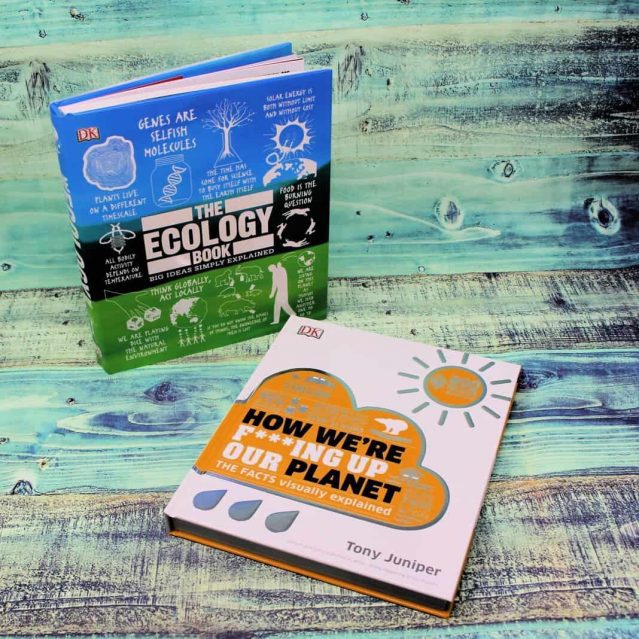Not many people know this but my Master’s Degree work was a cross-over between economics and environmental science, focussing on how to place an appropriate economic value on an environmental resource.
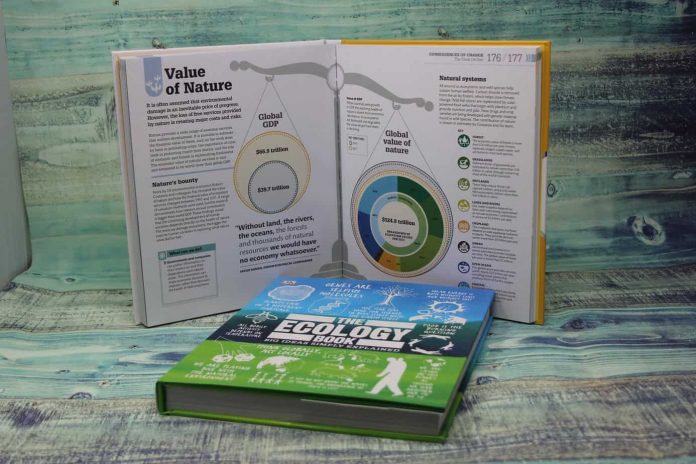
So, for example, how much is Vancouver’s Stanley Park worth? You could come to a rough figure for the value of the land and the trees, but how do you measure the enjoyment value? How much is the park worth to the tourism industry? Can you quantify the value of the plant and animal life, to wider ecosystems? If residents had to pay a tax to keep the park, how much would they be willing to pay each year and is that an adequate valuation?
Sorry. I may have gone on about that a little too much. That’s why I don’t bring the subject up very often, it’s a bit of a buzz kill.
However.
The passion I felt all of those years ago is, as you can see, easily piqued. So when I was browsing the DK titles on offer for review and saw both The Ecology Book and How We’re F***ing Up Our Planet I was asking for copies quicker than you could say “Patti, please stop telling me about the inadequacies of economic instruments in adequately valuing the more esoteric elements of environmental resources.”
The Ecology Book – A Review
Hot on the heels of the other successful “Big Ideas Simply Explained” books, The Ecology Book takes the reader on an easily understood journey through the natural world, human attempts to classify and explain it, ecological theory, and environmental movements, as well as the scientific and political failures developments of the last century.
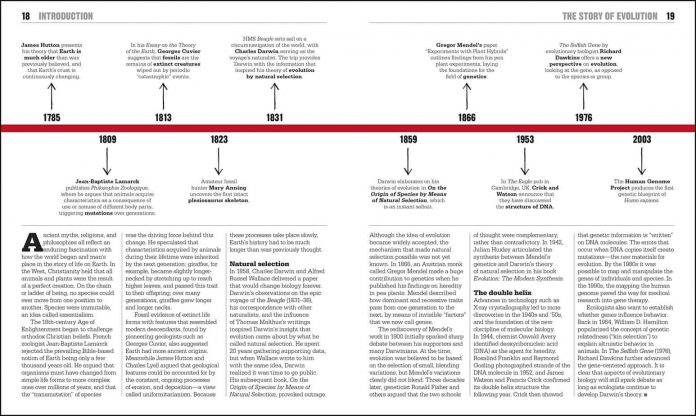
The Ecology Book explains the “big” concepts such as EVOLUTION or ECOLOGICAL PROCESSES, but it does so by breaking them down into the component parts. This enables the reader to slowly absorb the smaller elements which make up the bigger picture and before you know it BAM! you can confidently say you understand, for instance, the basics of natural selection or the rules of heredity.
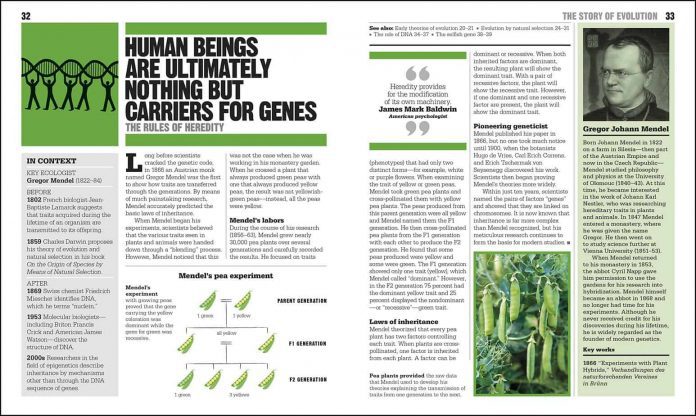
Following on from the exploration of the natural world, it’s systems, and how those systems evolve, The Ecology Book goes onto exploring the Human Factor and how our behaviors as a species are directly and indirectly impacting the environment.
Wrapping up with an examination of Environmentalism and Conservation The Ecology Book does an excellent job of informing without overwhelming and enlightening without berating.
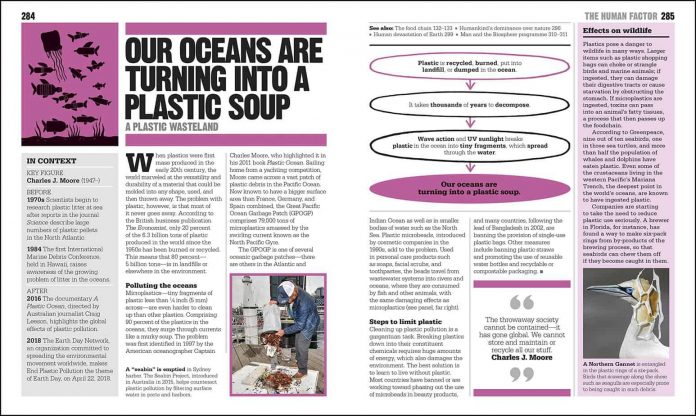
If you want to know and understand the background to why you should be reducing, reusing, and recycling, and making a myriad of other changes to your lifestyle The Ecology Book is the place to find out.
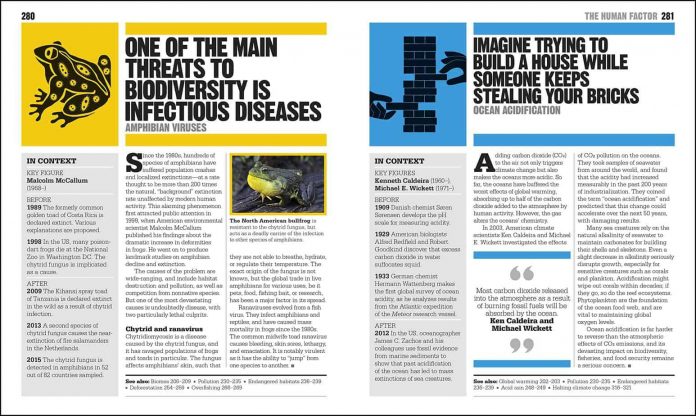
How We’re F***ing Up Our Planet – A Review
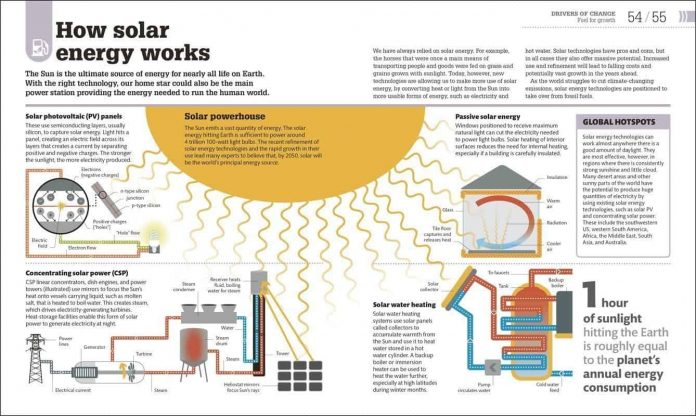
If your quest for knowledge leans more towards the challenges and solutions element of human interaction with the environment, then How We’re F***ing Up Our Planet is the book you are looking for.
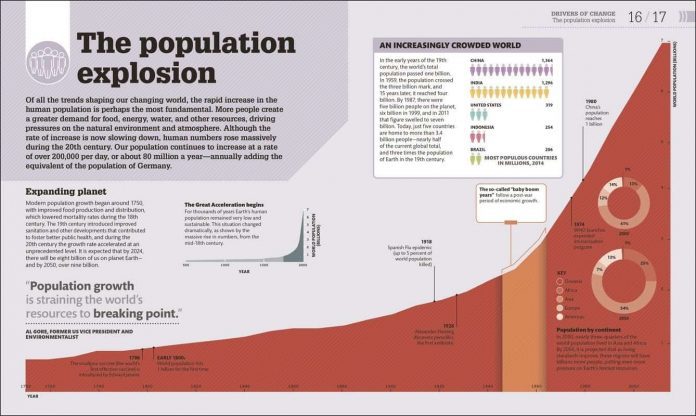
Infographics, simple illustrations, and a well-designed layout give How We’re F***ing Up Our Planet an inviting look while being neither intimidating, text-book like, or childish.
The first section “Drivers Of Change” leads you through the population explosion, economic expansion, the growth of cities, our ever-increasing need for fuel, food, and water and the rampant consumerism that appears to have taken us over.
This is followed by “Consequences Of Change” which, as you might imagine discusses issues such as climate change, plastics in the sea, deforestation, the decline in biodiversity, and so on and then onto “Bending The Curves” which examines possible solutions.
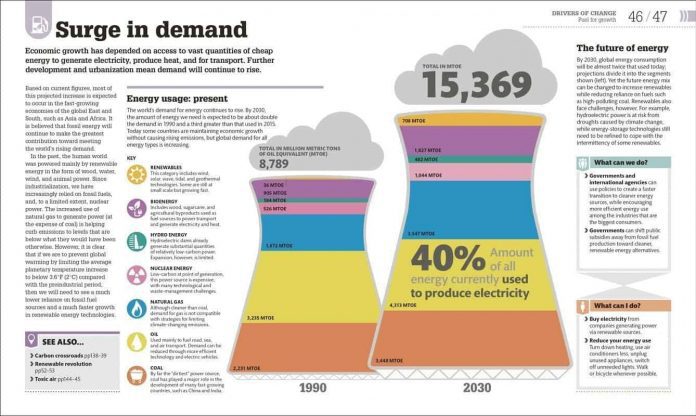
Now, that simplistic walkthrough of the layout doesn’t do the book justice. How We’re F***ing Up Our Planet is the most accessible introduction to the environmental emergency we face today, that I have been fortunate enough to read.
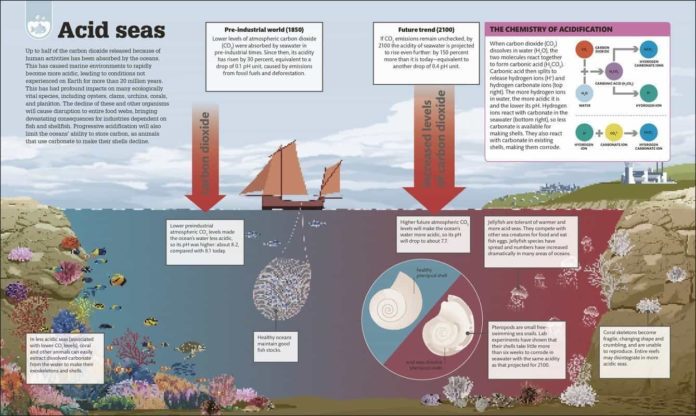
Buy a copy for your uncle, you know, the one who says “If global warming is a thing, how come some places are getting colder?” Buy another copy for the neighbour who doesn’t sort their recycling because “Me taking a few things out of my garbage can isn’t going to make any difference” and then buy a third copy for your work colleague who insisted on driving even the shortest distances in their giant truck because “The planets a mess already. It’s too late to bother trying to fix it now.”
Enjoy this book, share its knowledge, and pass it on.

